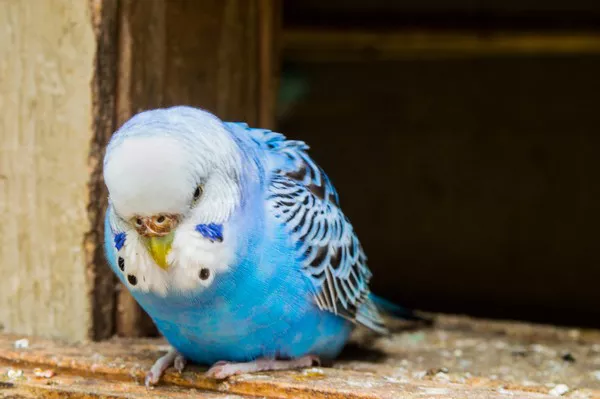Desert tortoises are remarkable reptiles that have adapted to the arid landscapes of North America’s deserts. If you’re fortunate enough to have a desert tortoise as a pet, it’s essential to understand their dietary needs to ensure they thrive in captivity. This article provides a comprehensive guide on what to feed your desert tortoise, outlining their natural diet, dietary requirements, and practical tips for keeping them healthy and happy.
The Natural Diet of Desert Tortoises
In their natural habitat, desert tortoises have evolved to consume a variety of plant materials found in arid regions. Their diet primarily consists of:
Wild Grasses: Desert tortoises are herbivores that graze on a variety of wild grasses, which make up a significant portion of their diet.
Leafy Greens: They also consume a range of leafy greens, such as dandelion leaves, plantain, and clover, when available.
Edible Desert Plants: Desert tortoises are adapted to eat certain native desert plants, including the pads and fruit of prickly pear cacti, as well as the leaves and stems of creosote bushes.
Herbs and Wildflowers: These tortoises may occasionally feed on desert herbs and wildflowers.
Water: Desert tortoises derive much of their water from the plants they eat and can efficiently conserve water to survive in their arid environment.
Dietary Requirements for Pet Desert Tortoises
When caring for a desert tortoise as a pet, it’s crucial to replicate their natural diet as closely as possible to ensure their health and well-being. Here are the essential dietary requirements for pet desert tortoises:
High-Fiber Diet: Desert tortoises require a high-fiber diet, primarily consisting of leafy greens and grasses. Fiber is essential for their digestive health and helps maintain proper gut function.
Low-Protein Diet: Avoid feeding pet desert tortoises high-protein foods, as excessive protein intake can lead to various health issues. Instead, focus on providing a balanced, low-protein diet.
Calcium and Phosphorus Balance: Desert tortoises need a diet with the correct balance of calcium and phosphorus to support their shell and bone health. Foods rich in calcium, such as calcium-rich greens, are essential.
Variety of Vegetables: In addition to grasses and leafy greens, offer a variety of vegetables, such as carrots, bell peppers, and squash, to ensure a well-rounded diet.
Occasional Fruit Treats: While fruits should be fed sparingly due to their sugar content, occasional fruit treats like strawberries or melon can be offered as a small part of their diet.
Avoid High-Protein Foods: Never feed pet desert tortoises high-protein foods like dog or cat food, as this can lead to health problems.
Mineral Supplements: Depending on the quality of the diet and the tortoise’s health, it may be necessary to provide calcium and mineral supplements. Consult a veterinarian for guidance on supplementing your tortoise’s diet.
Feeding Tips for Pet Desert Tortoises
Freshness Matters: Provide fresh, pesticide-free, and washed greens and vegetables. Remove any uneaten food promptly to maintain cleanliness.
Organic Options: Consider offering organic vegetables and greens to minimize the risk of pesticide exposure.
Avoid Toxic Plants: Familiarize yourself with plants that are toxic to tortoises and ensure they are not present in their enclosure or diet.
Monitor Eating Habits: Keep a close eye on your tortoise’s eating habits. A sudden loss of appetite or changes in behavior can indicate health issues that require attention.
Hydration: While desert tortoises derive much of their water from their food, provide access to a shallow water dish for drinking. Ensure the water is clean and refreshed regularly.
Hibernation Considerations: If you plan to hibernate your desert tortoise during the winter, consult a veterinarian for guidance on adjusting their diet leading up to hibernation.
Consult a Reptile Veterinarian: Regular check-ups with a reptile veterinarian experienced in treating desert tortoises are essential for monitoring their health and addressing any dietary concerns.
Conclusion
Feeding a pet desert tortoise requires careful consideration of their natural diet and nutritional requirements. By providing a balanced diet of high-fiber greens, vegetables, and occasional fruits, along with proper calcium intake and hydration, you can ensure the well-being of your beloved desert tortoise. Regular veterinary care and attention to their dietary needs are key to maintaining their health and ensuring they thrive in captivity.
Recommended reading:

























